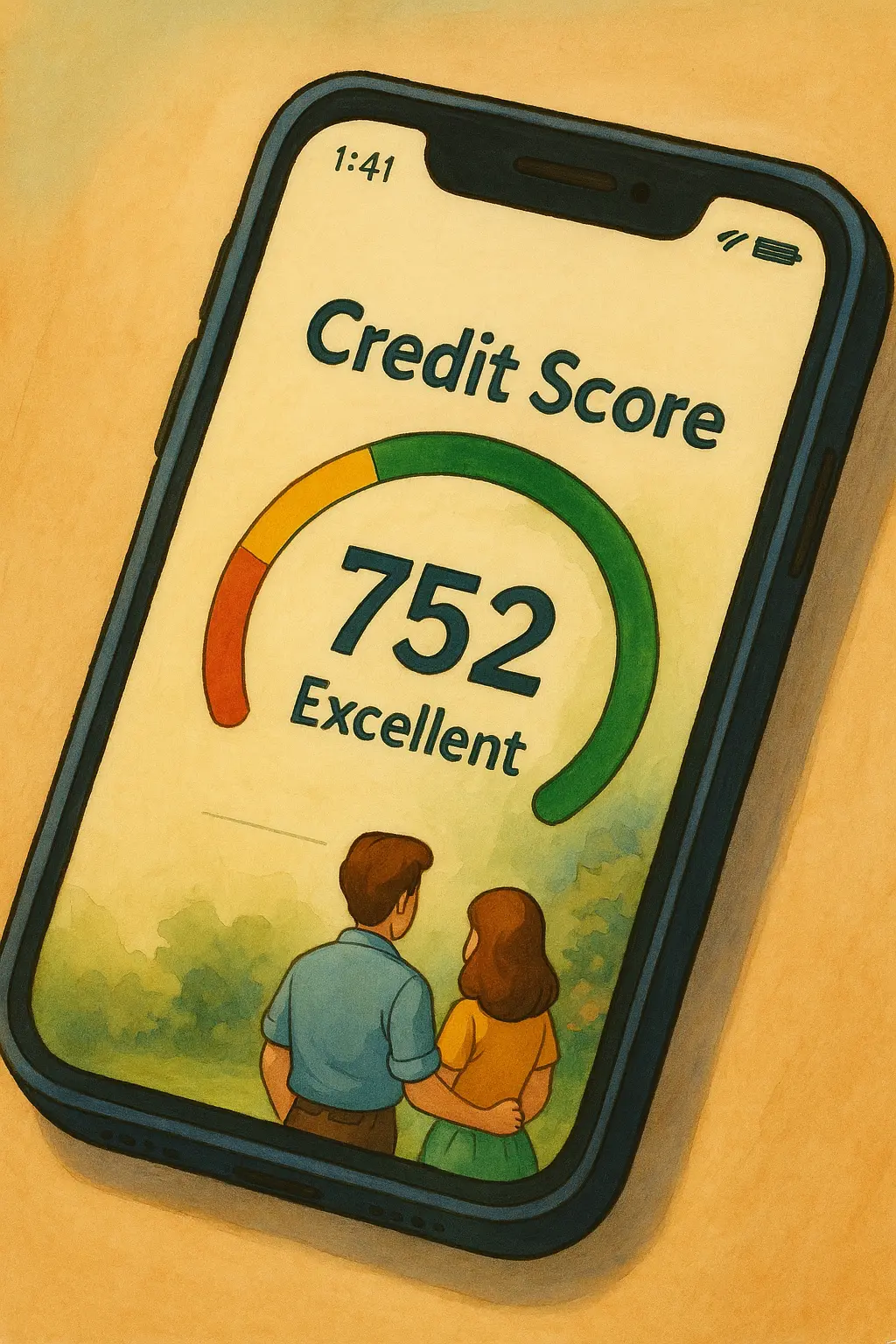Mortgage lenders would really like your business, but they want to know that their money is in safe hands. This section will tell you what research they do on you, where they get their information, and how your credit score can affect their decision-making.

Who knows what about you?

Equifax, Experian and TransUnion are the three agencies in the UK that are legally allowed to keep track of your financial behaviour, and they know quite a lot:
- Where you currently live and where you used to live.
- Who your utility suppliers are and how reliable you are in paying your utility bills.
- Details about your mortgage, credit card and loan repayments (if you have any).
- They will know if you have any County Court Judgements and what the status of those are.
- They know which banks you bank with and what credit cards you have (and the balance on those cards).
- They keep track of people who are financially related to you (through a joint bank account, or simply because you live at the same address).
- They will also know If you were ever declared bankrupt, or if you are on a debt management plan.
These agencies take all of the above data and translate that into your Credit Score (normally a number out 1,000). The lower your Credit Score, the less likely that the lender will consider you.
The mortgage lenders rely on this data to tell them whether their money is safe with you, and they will take a very conservative view on any adverse elements.
In the next section we will show you how you can access your credit files
It is very importat that you check your data with all three agencies, so that you know exatctly what the lender knows.
Why does this matter?
Mortgage lenders in the UK use your credit file to figure out whether you are at risk of defaulting on your mortgage
A healthy credit file will improve your chances of mortgage approval and may even qualify you for better interest rates. Conversely, negative entries can affect your chances or lead to higher rates.
By reviewing your credit file early, you can address any issues that might impact your application.
Sometimes your credit file could be wrong – read the following section to find out how to fix errors on your file
How to get access to your credit files
We strongly recommend that you monitor your credit files weekly, at least until you have received a mortgage offer.
JustOneHome recommends

See all your credit information in one place.
CheckMyFile gives you access to the information from all three credit agencies in one platform. Not only is this more convenient than visiting the websites of each of the three credit agencies, you can also save over 60% compared to individual subscriptions.
Access to CheckMyFile is free for the first month, thereafter you would pay about £15 per month.
Or access your individual files
If you prefer, you can get your individual reports from each of the three agencies. All three agencies offer limited free access to your report but you will have to pay around £15 per month to access the full report.
Your Equifax credit file for free forever
You can also access your full Equifax report and credit file for free on the ClearScore website and on the ClearScore iPhone and Android Apps.

Problems with your file?
Bad or negative records on your file
Lenders normally refer to these as “adverse entries”. If you have one or more of these on your file, you can still do a few things to soften the impact on your mortgage application:
- Settle outstanding debts or any unpaid balances as soon as possible.
- If you spot any errors or inaccuracies, dispute them with the credit reference agency.
- Negotiate with creditors. Some lenders may agree to update negative entries if you settle your debts or enter a new payment plan.
- Add explanatory statements – UK credit reference agencies allow you to add ‘Notices of Correction’ to explain temporary financial hardships to provide contexts for lenders.
If your file contain errors
If you have spotted an error on your file you have to raise a dispute – here is how:
First check whether the error appear on all three agencies. You have to raise separate disputes for each agency. The agencies won’t necessarily make it super easy for you to report an error but here are some links that you could try :
Equifax online help , Experian online help , Transunion consumer enquiry form
Provide as much detail and evidence as you can. The clearer your evidence, the easier it would be for the agency to verify your claim. The agency will contact the lender or firm that submitted the disputed entry, and the lender has 28 days to respond. If your dispute is confirmed, the entry must be corrected or removed.
You are also able to add a notice of correction yourself. The notice of correction is a 200 word statement explaining the situation to anyone reviewing your file.
It’s free to dispute, and it won’t harm your credit score.
Doing the above won’t guarantee that you get a mortgage, but it can help to convince a lender that you
Your credit score is a crucial factor in determining your eligibility for a mortgage.



